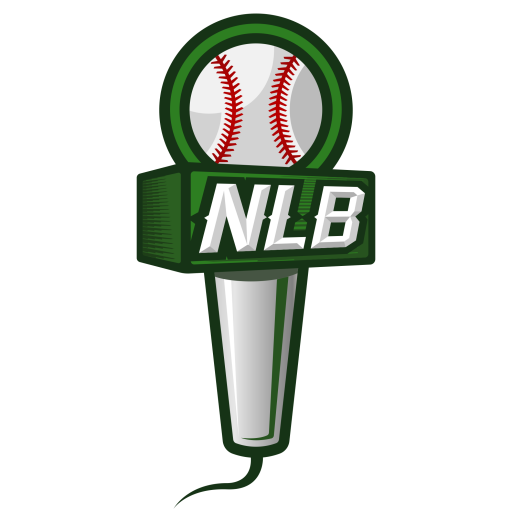This week in coach’s corner we get baseball insight from Stuart Lake, head coach at Charleston Southern University. Coach Lake has coached at Ole Miss, College of Charleston, and University of South Carolina. In his 14-year coaching career, he has coached more than 75 players who have gone on to play professional baseball with 31 of those being drafted in the first 10 rounds. Seven of those 13 were drafted in the first round.
We appreciate coach Lake stopping by for this insightful look into: respecting the game, how to get more playing time on a talented team, the biggest obstacles for college ballplayers, how he’d describe a winning ballplayer, what made Chris Coghlan (2009 NL ROY) a special ballplayer and more.
As always, the questions are geared toward helping you become a better ballplayer by understanding what coaches look for and ways to improve.
What advice would you give a HS ballplayer looking to get the attention of Charleston Southern?
How you play the fundamentals. Emphasize what your strengths are on the field. With that being said, how a player carries himself on and off the field and how he respects the game is essential.
Have you seen a decline in “respecting the game” with today’s players?
I have. There are a lot of high school coaches that are still passionate about playing the game the right way, but I see the lack of respect at the high school level. With that being said, I work through it and find the guys who respect the game, their coaches, umpire, etc. You can find those guys.
When you are recruiting position players, what are some things they can do to stand out?
Outfielders- I love speed and arm strength. All coaches do.
Infielders- I love guys who seem to field the ball in their glove every time. Not on the end of their glove or the heel of their glove. But the Biggest thing is the slow roller. If I’m recruiting an infielder, I want to see him field a slow roller to see how he controls his body and makes the throw.
What would you say is the most difficult adjustment for freshman to make when transitioning to college baseball? And what can they do to adjust more quickly?
Nowadays, I notice that they were treated different by their parents and coaches than I was when I was a kid. The freshman will get to college and look to me to help them find their classes instead of stepping up and taking initiative themselves. With that being said, we have to take care of them because that’s what us coaches are there for- to develop young men.
What’s the best way for an underclassmen to get more playing time on a talented team?
Show up every day early. Get there early if you want to be noticed. Stay there a little late getting some extra work in. Another great way, get above a 3.0. Academics do not go unnoticed. I’ve had the privilege to learn from some of the great coaches; Do the little things. Rake a baseline – just do the little things that let people know that you care.
What’s the biggest obstacle that stands in the way of college ballplayers reaching their potential?
There are so many opportunities for college ballplayers nowadays. The main obstacle is that they have so many opportunities that they didn’t have when mom and dad were around.
How would you define a winning ballplayer?
The guy who is happy on the bus when he went 0-4 and we won; and upset when we lose even if he’s 3-4. A winning ballplayer puts the team above himself.
What do you think separates the good ballplayers from the great ones?
Over my years of coaching, I’ve had the privilege of coaching 18 guys who’ve made it to the big leagues. I always say, they all have one trait- They just loved being around the ball field. They just worked so hard.
Who is the most talented player you have coached?
Man, you’re killing me with that question. I’ve been so lucky to coach 8 first-rounders. The guy I probably love seeing succeed so much, is Chris Coghlan. I coached him for 3 years at Ole Miss and I must use him in reference when every parent asked me “If my son hasn’t signed yet, is it too late?” We signed Chris at the end of July and came to school two weeks later. He over slept for his first practice, make sure you put that in there (laughing), but he ended up being a 2-time All-American and eventually NL Rookie of the Year. He just worked so hard, it’s been great seeing him succeed.
What advice would you give to ballplayers out there who want to take their game to the next level?
Just love the game. Don’t make it a job or feel like your being forced to play the game. I say this to aspiring ballplayers all the time, “Play this great game of baseball as long as you can and when they tell you ‘you can’t play anymore’, find a job.”



